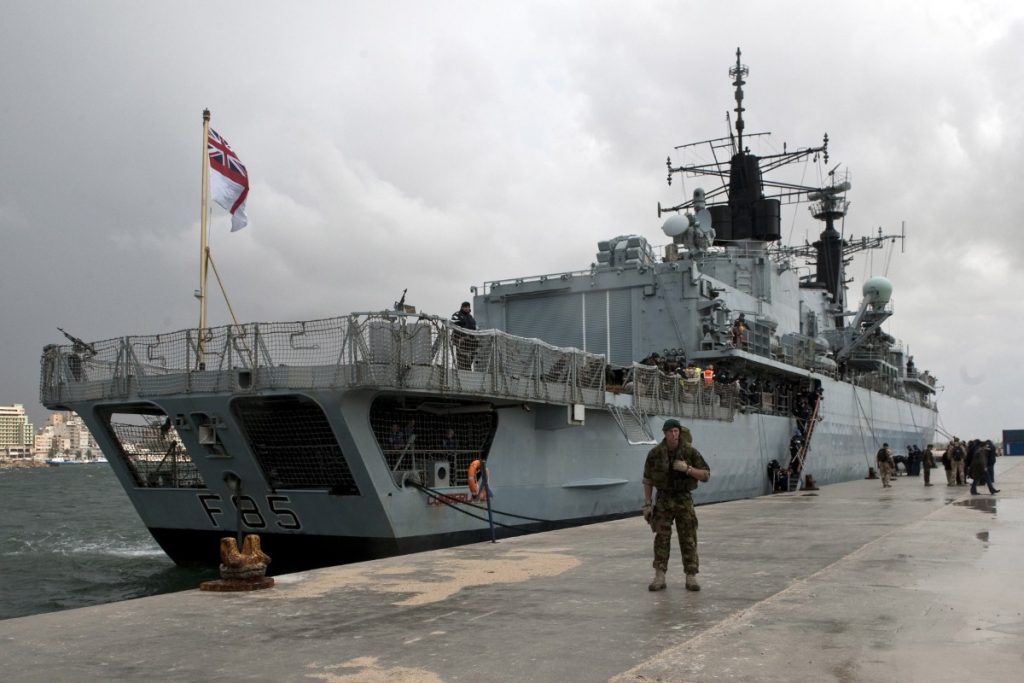Cameron bullish on Libya as Hague mulls whether to arm rebels
By Ian Dunt
David Cameron has delivered a bullish statement on Libya, as the foreign secretary refused to rule out arming the rebel forces amassed against Colonel Muammar Gaddafi.
Speaking to the Commons, the prime minister again said a no-fly zone should be considered and that there should be tougher measures on mercenaries fighting for Colonel Gaddafi and the states they came from.
“Everyday he’s brutalising his own people. Time is of the essence,” Mr Cameron said.


“We have seen the uprising of the people against a brutal dictator. It will send a dreadful signal if their legitimate aspirations are crushed.”
Labour leader Ed Miliband offered cautious support for the prime minister.
“This must be a moment when the European Union and the international community shows it is more than the sum of its parts,” he said.
“I hope he and other leaders will do all they can to put in the hard work and diplomacy to bring that about.”
The comments came as former foreign secretary Sir Malcolm Rifkind called on the government to supply arms to rebel forces.
“The Libyan people could face total defeat in the next few weeks. The wheel of fortune is turning against them,” he argued.
“Having been defence secretary at the time I have, in retrospect, felt that [the arms embargo] was the most serious mistake made by the UN.”
The prime minister said Sir Malcom’s argument was “ingenious” and “persuasive”.
William Hague refused to rule out the possibility of arming rebel forces on the Today programme this morning.
“I wouldn’t exclude various possibilities on this score,” he said.
“I think Malcolm Rifkind makes a very good case. This is the kind of subject which has to be discussed with our international partners.”
All arms exports to Libya, rebel and government alike, are currently subject to the UN embargo.
Mr Hague said debates over a no-fly zone were also to be taken with international partners.
France and Qatar have been the main cheerleaders on the policy, followed by London, which has been more equivocal.
Western leaders have been watching Qatar’s efforts to galvanise Arab opinion closely. London and Washington would be much more comfortable with military action if Arab states were on board as well.
“We are now reaching a point of decision, very clearly, on what happens next,” Mr Hague said.
“Clearly a no-fly zone is one of the leading propositions. It isn’t the answer to everything but it has been called for by the Arab League and is something which the international community must now consider.
“I do stress that on all of those options it is Britain acting with our international partners, in Nato, in the Arab world indeed.”
Mr Hague said that a UN resolution would be the “cleanest and simplest” way of securing a legal basis for a no-fly zone, but that it was not absolutely essential.
“In cases of great, overwhelming humanitarian need, then nations are able to act under international law, even without a resolution of the Security Council,” he said.
Analysts are struggling to establish where the front line of the Libyan conflict is, after government forces repeatedly took – and then were forced from – towns close to the rebel stronghold of Benghazi.
But all eyewitnesses agree that rebel forces are firmly on the backfoot, with any attempt to take Tripoli now considered almost unthinkable.

